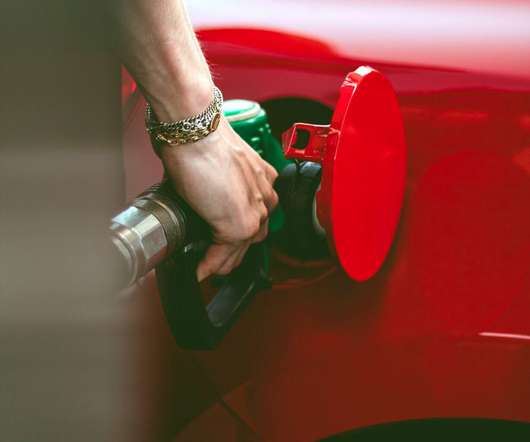Obama climate plan calls for new fuel economy standards for heavy-duty vehicles post-2018; cleaner fuels and investment in advanced fossil energy
Green Car Congress
JUNE 25, 2013
The new goal is that efficiency standards for appliances and federal buildings set in the first and second terms combined will reduce carbon pollution by at least 3 billion metric tons cumulatively by 2030—equivalent to nearly one-half of the CO 2 emissions from the entire US energy sector for one year.











Let's personalize your content